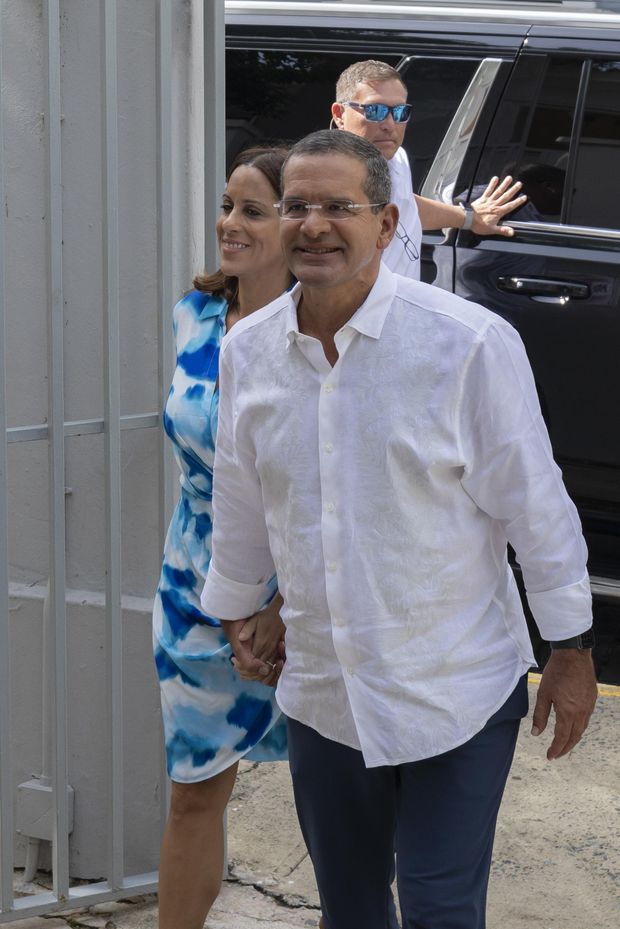Puerto Rico’s Political Status to be Decided in November General Elections
In a historic announcement on Monday, Governor Pedro Pierluisi declared that Puerto Rico’s political status will be a major issue on the ballot in the upcoming general elections scheduled for November. This decision marks a significant departure from past elections, as for the first time, the island’s current status as a U.S. territory will not be included as an option in the non-binding plebiscite.
The issue of Puerto Rico’s political status has long been a contentious and divisive one on the island. Puerto Rico has been a U.S. territory since 1898, when it was acquired by the United States following the Spanish-American War. Since then, the island has had a complicated relationship with the mainland, with residents of Puerto Rico being U.S. citizens but not having full voting representation in Congress.
Over the years, there have been several attempts to address the issue of Puerto Rico’s political status through plebiscites and referendums, but none have resulted in a clear resolution. The upcoming general elections in November will once again give Puerto Ricans the opportunity to voice their opinions on the matter and potentially pave the way for a change in the island’s status.
Governor Pierluisi’s decision to include the political status issue on the ballot in November has been met with mixed reactions from residents of Puerto Rico. Supporters of statehood for Puerto Rico see this as a crucial step towards achieving full political and economic equality with the rest of the United States. They argue that statehood would provide Puerto Ricans with the same rights and opportunities as residents of the 50 states, including full representation in Congress and the ability to vote for president.
On the other hand, opponents of statehood argue that Puerto Rico’s status as a territory provides the island with certain benefits, such as tax advantages and federal funding, that would be lost if it were to become a state. They also point to the cultural and historical significance of Puerto Rico’s unique identity as a Caribbean island with its own distinct language and culture.
Despite the differing opinions on the issue, Governor Pierluisi emphasized the importance of allowing Puerto Ricans to have a say in determining the future of their island. “It is time for the people of Puerto Rico to have a voice in deciding their own destiny,” he stated. “By including the political status issue on the ballot in November, we are giving Puerto Ricans the opportunity to express their preferences and shape the future of our island.”
In addition to the political status issue, the November general elections in Puerto Rico will also include races for governor, resident commissioner, and members of the legislature. Governor Pierluisi, who was elected in 2020, will be seeking re-election for a second term. The resident commissioner, who represents Puerto Rico in Congress, will also be up for re-election, as well as all members of the island’s legislature.
The upcoming elections are expected to be closely watched both on the island and on the mainland, as the results could have far-reaching implications for Puerto Rico’s future relationship with the United States. With the political status issue taking center stage in the campaign, candidates will be forced to take a clear stance on where they stand on this crucial issue, which has the potential to shape the island’s destiny for generations to come.
As the campaign season heats up and candidates begin to outline their positions on the political status issue, Puerto Ricans will have the opportunity to engage in a robust and spirited debate about the future of their island. Whether Puerto Rico ultimately decides to become a state, remain a territory, or pursue another path altogether, one thing is clear: the upcoming general elections will be a pivotal moment in the island’s history and could set the stage for a new chapter in Puerto Rico’s relationship with the United States.









